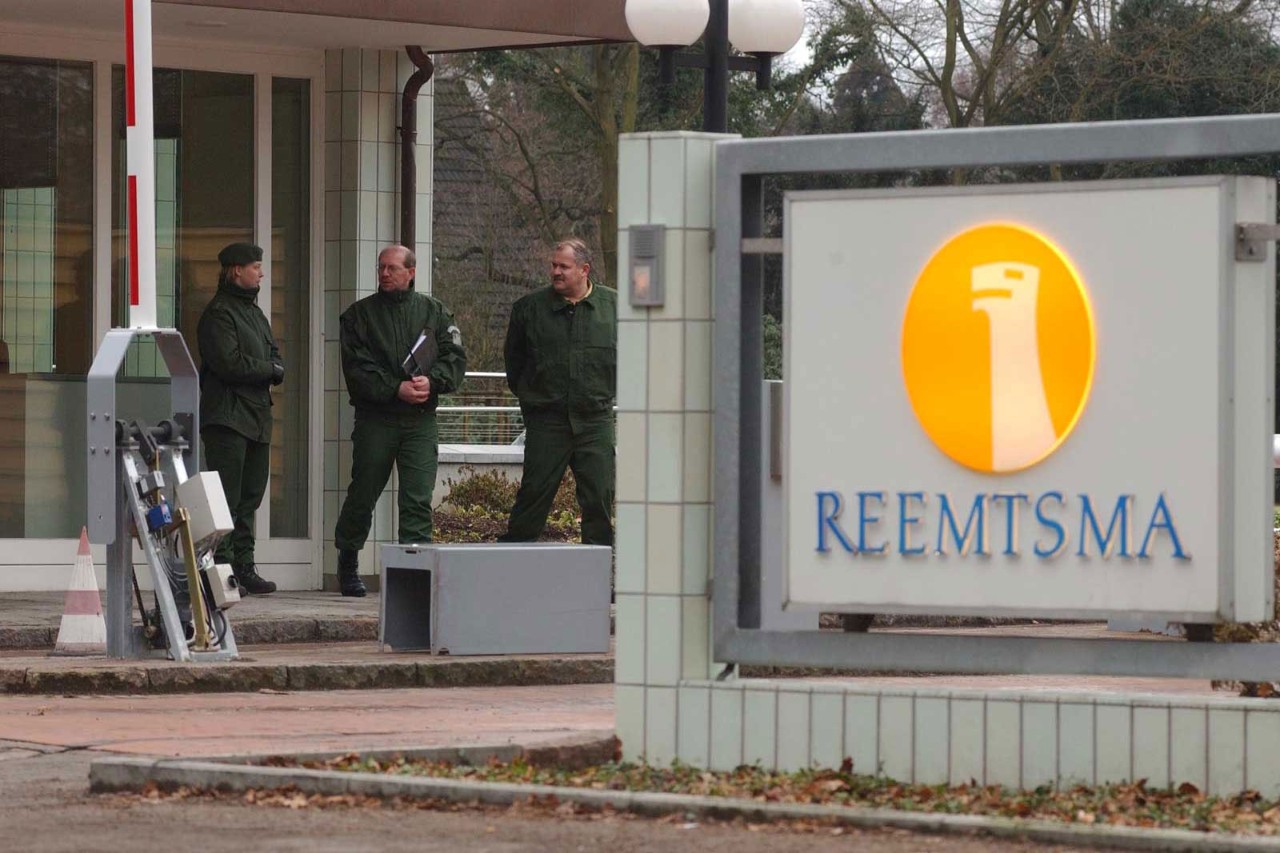

While sustainability reporting and its development come in for endless discussion, there is much less debate about sustainability assurance. Yet assurance is just as important a function as reporting in a world where companies are asked to disclose information vital to investors and stakeholders concerned about climate change.
Perhaps this is natural. After all, what is there to provide assurance for if the reporting standards relevant to climate change, pollution, nature and workforces are yet to be resolved?
But I’d like to make a case, first, that the mundane task of inspecting sustainability disclosures is just as critical as the reporting, and second, that policymakers need to accelerate work on the regulatory frameworks necessary to ensure this brand-new form of assurance gets the attention it deserves.
Failure to act on this mundane but vital service could prove a very false economy
Why is sustainability assurance so important? For the very same reason that assurance, or audit, is important to financial statements: it provides accountability and instils trust in disclosures for investors and stakeholders. For sustainability reporting to be just as credible as the financials, assurance is a vital step.
As for acceleration, the EU is in fact in the process of delaying and amending the requirements for the European Sustainability Reporting Standards. As part of that process, the assurance demand is also likely to slip from ‘reasonable’ to ‘limited’, and be based on guidelines rather than a standard. That’s a lot of deceleration, and it comes in the name of competitive resilience, a cause high on the European Commission’s agenda since a special report published in September last year.
The UK, by comparison, does not appear to have any plans for assurance at any level, though it is working on new reporting standards based on IFRS S1 and S2, and has already made TCFD reporting mandatory for some companies.
There are too few assurance players. How do you encourage new entrants?
Yet regulators are already waving a big red flag on sustainability assurance. In February 2025, the Financial Reporting Council (FRC) published a report making recommendations for sustainability assurance and assessing the market as it currently stands. According to the report, despite sustainability assurance not being mandatory, demand for it in the UK is growing in the FTSE 350, with about 57% of constituents now commissioning checks.
But while the market for assurance currently appears buoyant, the FRC worries that it is ‘immature’ and that quality is at risk because of a lack of clarity on UK regulation. In other words, market development and maturity relies on clarifying the regulatory framework. Bluntly, one needs to be put in place.
Market dominance
There is another issue here too. The Big Four firms are slowly dominating the market segment owned by audit and accountancy firms. That raises fears that echo those for the audit sector: there are too few players. How do you encourage new entrants? Smaller firms, after all, are unlikely to invest in creating new services until they have certainty about the regulations governing the market.
This all requires a mandate from policymakers – and fast
The upshot is this: sustainability assurance is in urgent need of a regulatory overhaul. Providers need to know which standards to use (they are ready and waiting), and they really do need to be monitored for quality. Regulatory certainty will give them confidence to invest and compete while giving stakeholders confidence that the service works. This all requires a mandate from policymakers. And it needs to happen fast.
Now the bad news. The UK, like the EU, is currently caught up in a drive for economic competitiveness, partly to be achieved through shrinking regulation. That probably places any big effort to clarify sustainability assurance way down the government’s list of priorities, if it is on the list at all. But it has to be said: failure to act on this mundane but vital service could prove a very false economy indeed.



